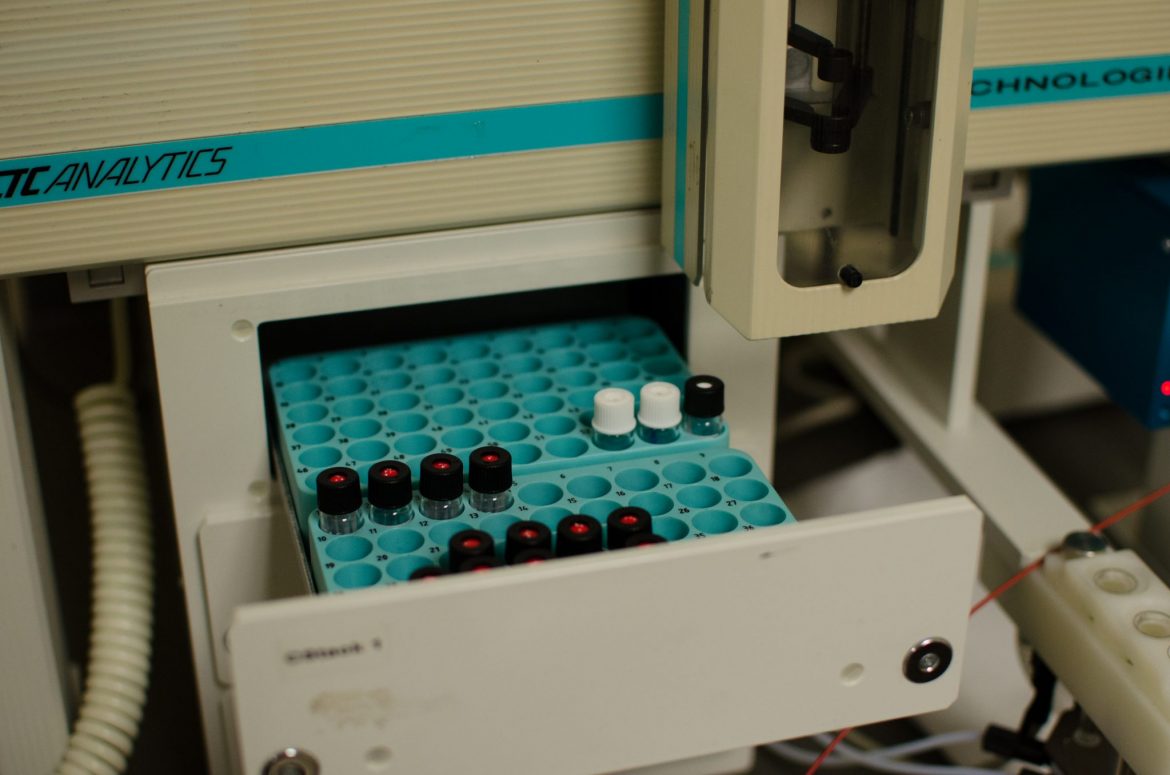According to the National Breast Cancer Foundation, breast cancer is the most commonly diagnosed cancer in women and the second leading cause of death.
Associate professor Dr. Landry Kamdem is the lead researcher for the breast cancer research program at Harding and is the only breast cancer researcher within White County. Kamdem grew an interest in oncology after losing his mother and sister at an early age. He started cancer research in 2006 and began breast cancer research in 2008. He later joined Harding’s team of researchers in 2010 and began a precision medical survey for breast cancer.
Kamdem surveys breast cancer patients and survivors across the country and researches how women react to medications they have been prescribed. Kamdem has established a precision medicine program that relates home remedies and other drugs with prescribed medicines, and then relates the effects they have on patients.
Precision Medicine is a technique that uses all of the evidence and knowledge from research to benefit one person at a time. Kamdem then uses the results from the individual patients and compares the data to a group as a whole. The study incorporates genetic information from each patient to gain a holistic understanding of cancer treatment. The goal of the study is to find ways to reduce health care costs, maximize treatment efficacy and improve health outcomes.
The team analyzes different factors that change the way treatments affect individuals. The survey helps to narrow down each of the causes.
“The information and results of the study will be shared with journals that specialize in breast cancer research findings,” Kamdem said. “Before the information is published, the research is reviewed by other scientists, medical doctors and the University of Arkansas for Medical Science Cancer Center that criticizes and further tests the work.”
Finding participants for the research study has proven to be a difficult task. Kamdem and his team encourage women to come forward and speak out about their experience with breast cancer.
“We have not completely solved breast cancer,” Kamdem said. “We encourage women to come and speak out. We want to encourage the community to come together and share their stories about how they defeated or witnessed defeat through breast cancer. Those stories will be shared with the world and will help other women out there better understand what is going on with their own experiences.”
Kamdem is accompanied in his research by pharmacy students Nimmy Isaac and Bryana Gregory.
“We are trying to see what the main problems are with the certain drugs the patients are taking,” Isaac said. “If we can educate these women and be more aware of what is hurting or harming them, we can rule out those elements in the long run.”
Isaac is a first time research student who is eager to learn from Kamdem. She said this project is a good starting point to learn the basics and the effort put into the studies. Gregory is a fourth-year pharmacy student, who said she sees the needs of the breast cancer patients and wants to tend to each patient with effective and appropriate treatments.
“I have primarily been responsible for identifying whether statistical significance exists between patients’ genetic variations and the extent to which they metabolize,” Gregory said.
The team’s research seeks to improve health care costs, maximize treatment efficacy and reduce unwanted side effects. Kamdem’s team will continue to study women across the country and contribute to breast cancer research.
